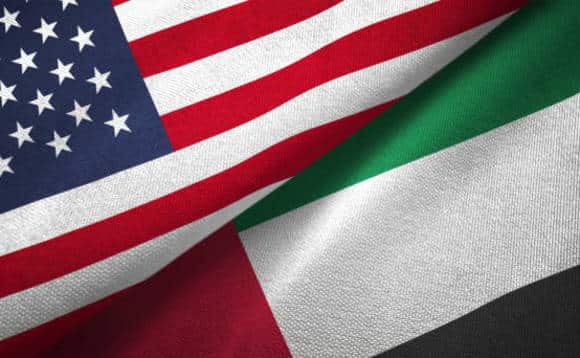As the conflict in Ukraine continues to unfold, the Biden administration has intensified its efforts to curb support for Russia’s war machinery. The recent imposition of trade restrictions on 93 entities from various countries marks another chapter in the ongoing saga of international responses to the crisis. However, beyond the immediate implications of these restrictions, broader geopolitical shifts are underway, including strained relations between the United States and Turkey and the United Arab Emirates’ departure from a financial crime list.
The Biden administration’s decision to impose trade restrictions on entities from Russia, China, Turkey, the United Arab Emirates, Kyrgyzstan, India, and South Korea underscores a concerted effort to stymie support for Russia’s actions in Ukraine. With 63 Russian entities targeted, alongside others from China, Turkey, and the UAE, the restrictions effectively block U.S. shipments to these organizations, cutting off crucial supply channels for Russia’s war machinery.
Alan Estevez, a U.S. Commerce Department under secretary, has emphasized the gravity of Russia’s actions and the need to stand in solidarity with the Ukrainian people. This move is part of a broader strategy involving the imposition of sanctions on over 500 targets, reflecting a coordinated international response to Russia’s aggression and the death of Russian opposition leader Alexei Navalny.
The European Union has also contributed to the punitive measures, approving its 13th package of Ukraine-related sanctions against Russia, targeting entities and individuals involved in aiding Moscow’s procurement of weapons and other illicit activities.
Amidst the escalating tensions surrounding the Ukraine crisis, U.S.-Turkey relations have experienced significant strain. Turkey’s inclusion among the countries facing trade restrictions highlights the complexities of diplomatic relations in the modern era.
Historically, the United States and Turkey have maintained a strategic alliance, particularly within NATO. However, divergent interests and geopolitical realignments have strained this relationship in recent years. Turkey’s purchase of the Russian S-400 missile defence system, despite strong objections from Washington, has been a primary source of contention. The move led to Turkey’s exclusion from the F-35 fighter jet program, further exacerbating bilateral tensions.
Furthermore, Turkey’s regional ambitions and its involvement in conflicts across the Middle East have created additional friction with U.S. foreign policy objectives. The situation in Syria, where Turkey has pursued military interventions against Kurdish forces, has been a particularly contentious issue.
The imposition of trade restrictions represents another setback in U.S.-Turkey relations, underscoring the challenges of reconciling divergent interests and maintaining strategic partnerships in an increasingly complex global landscape.
In a separate development, the United Arab Emirates (UAE) has announced its departure from a financial crime list, signalling efforts to address concerns about illicit financial activities and enhance its standing in the international financial community.
The UAE’s decision reflects broader efforts to strengthen its regulatory framework and combat financial crime. As a major financial hub in the Middle East, the UAE plays a crucial role in global finance and trade. Its departure from the list is likely to bolster investor confidence and facilitate smoother business transactions.
The move also underscores the UAE’s commitment to upholding international standards and addressing vulnerabilities in its financial system. By taking proactive measures to enhance transparency and combat illicit financial activities, the UAE aims to position itself as a responsible global actor and a preferred destination for investment and trade.
As the Ukraine crisis continues to unfold, the imposition of trade restrictions and the shifting dynamics of international relations underscore the complexities of navigating the modern geopolitical landscape. The Biden administration’s actions reflect a concerted effort to hold Russia accountable for its aggressive actions while rallying support from allies and partners.
Simultaneously, challenges persist in managing strained relationships and addressing broader economic and security concerns. The evolving dynamics between the United States and Turkey, as well as the UAE’s efforts to enhance its regulatory framework, exemplify the multifaceted nature of global diplomacy and the interconnectedness of economic and political realities.
In the face of these challenges, effective diplomacy, strategic cooperation, and a commitment to upholding international norms will be essential in charting a path toward peace, stability, and prosperity on the global stage.



















